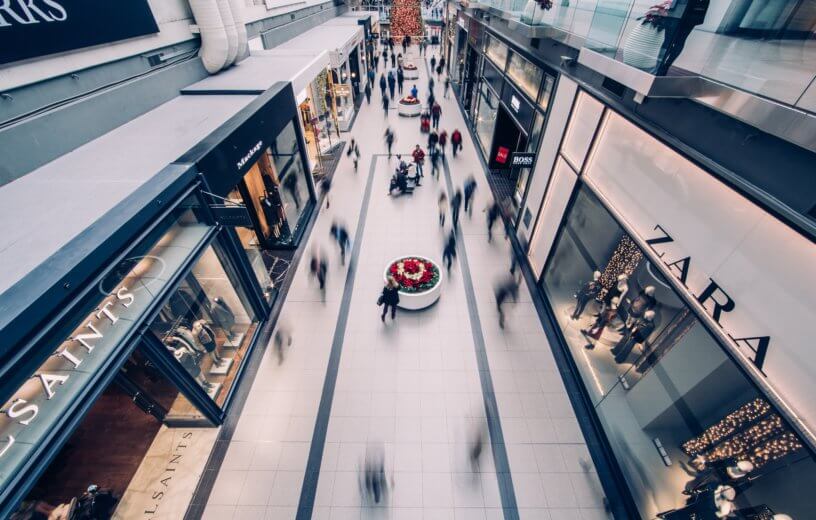TUCSON, Ariz. — As Black Friday and Cyber Monday approach, a study researchers at the University of Arizona found that even the staunchest online shoppers still wouldn’t do away with brick-and-mortar stores completely.
Major retailers and plenty of mom-and-pop shops have been closing all over the United States in recent years as a result of increased online shopping. With household names like Toys R Us going under more and more frequently, market experts have called this era the “retail apocalypse.” This latest research shows that should shopping malls and retail outlets become a thing of the past, there could be a slew of negative effects.
For the study, researchers surveyed nearly 400 consumers, asking about their shopping habits and their perceptions of the current retail environment. Respondents were mostly split on whether they preferred shopping online or in person. The overwhelming majority, however, said that if retail stores disappeared completely, it would have negative consequences on society. Respondents cited lost jobs, but also fewer opportunities for social interaction — many considering going shopping a quality experience with family or friends. Others go to the mall or outlets and walk along their concourses as a form of regular exercise.
“The majority said this would be terrible. There’s a sense that brick-and-mortar stores are part of the social fabric of our society. If they disappear, many are concerned about the economy and what this will do for jobs and revenue for communities,” says lead researcher Sabrina Helm, associate professor at Arizona, in a media release. “Many people also said stores were vital to their quality of life.”
Many respondents also worried vacant lots could lead to an increase in certain types of crime as the primary negative consequence.
“What happens with all that empty space? Is crime going to increase because now we have all these empty areas? Crime rate was also a concern with regard to increased online shopping: Are there going to be more home invasions because there are all these packages on door fronts?” says Helm.
That’s a likely topic to be studied in future research, but for now, e-commerce continues to soar. Sales have more than doubled in the U.S. since 2011, while store closures tripled in 2016 compared to the previous year. In fact, between 2016 and 2017, 7,000 brick-and-mortar stores in the US closed.
Helm and her team also analyzed more than 1,600 comments left on online news stories either detailing the closure of local stores, or the current retail environment overall. Then, researchers asked another set of survey respondents a series of open-ended questions designed to ascertain their attitudes about shopping.
Of course, many agreed that the online experience is easier, faster, and even ideal for the moments when you don’t feel like interacting with others. And it’s a way of life for those with disabilities or mobility struggles. Some even saw vacant lots from fallen retailers as an opportunity to create more green spaces and give consumers a new place to be active, instead of shop.
But ultimately, the majority agreed that a world devoid of shopping centers is not a good one. Helm says that retailers should stop focusing on trying to be innovative or futuristic, and instead put their attention on improving the relationship with the customer. Simply put, so many still count on that experience.
“It’s up to retailers to increase consumer preference again for brick-and-mortar shopping,” Helm says, “and keeping people in the store starts with the basics.”
The study was published in the Journal of Retailing and Consumer Services.
